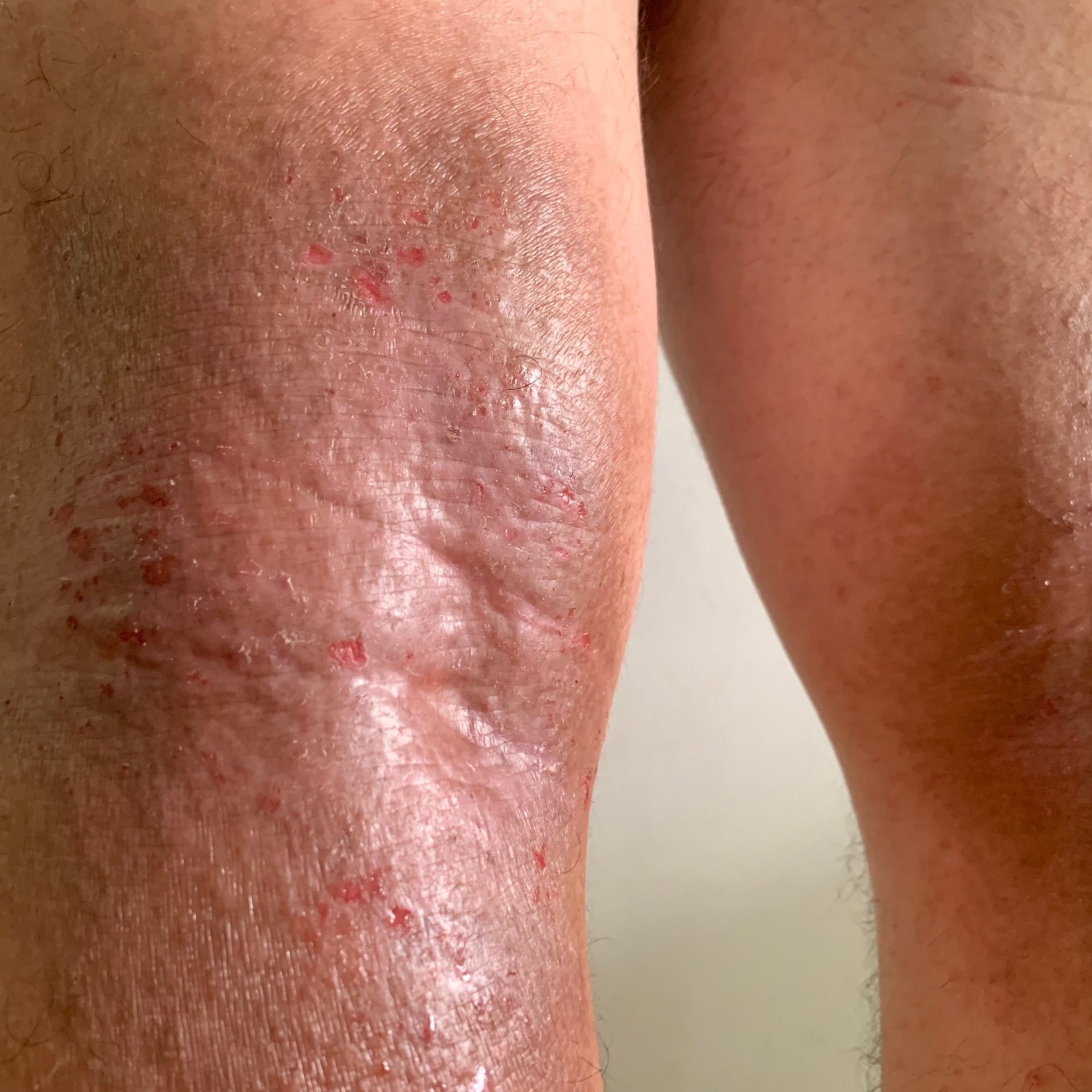Diseases

Eczema
Eczema, known as "Vicharchika" in Ayurveda, is a chronic skin condition characterized by inflammation, redness, itching, and the appearance of dry, scaly patches on the skin. Ayurvedic management of eczema focuses on identifying and addressing the underlying imbalances in the body that contribute to the condition. As always, it's important to consult with a qualified Ayurvedic practitioner before starting any treatments.
Here are some Ayurvedic approaches that are commonly used to manage eczema:
**1. Balancing the Doshas:**
- Eczema is often associated with an imbalance in the Pitta and Vata doshas. The treatment aims to pacify these doshas by following a diet and lifestyle that are cooling and calming.
- Avoid spicy, oily, and fried foods that can aggravate Pitta dosha. Favor cooling foods like cucumbers, melons, and leafy greens.
**2. Diet and Nutrition:**
- Consume a diet that includes a variety of fresh fruits, vegetables, whole grains, and lean proteins.
- Increase the intake of foods rich in omega-3 fatty acids, such as flaxseeds, walnuts, and fatty fish, as they have anti-inflammatory properties.
- Avoid trigger foods that worsen eczema symptoms. Common triggers include dairy products, gluten, and certain acidic foods.
**3. Herbal Remedies:**
- Neem is a well-known herb in Ayurveda with potent anti-inflammatory and antifungal properties. It can be used topically as a paste or added to bathing water.
- Turmeric has anti-inflammatory properties and can be taken internally or applied topically as a paste.
- Aloe vera gel can be applied topically to soothe itching and inflammation.
**4. External Treatments:**
- Herbal oils like coconut oil, neem oil, or sesame oil can be applied to the affected areas to moisturize the skin and alleviate dryness.
- Gently cleansing the affected area with mild herbal formulations can help remove toxins and reduce inflammation.
**5. Stress Management:**
- Stress can exacerbate eczema symptoms. Practicing relaxation techniques, meditation, and yoga can help manage stress levels and improve overall well-being.
**6. Avoiding Irritants:**
- Avoid using harsh soaps, detergents, and skin care products that contain fragrances and chemicals that may trigger eczema flare-ups.
- Choose hypoallergenic and gentle products suitable for sensitive skin.
**7. Lifestyle Modifications:**
- Maintain a regular routine that includes adequate sleep, exercise, and relaxation to promote overall balance.
**8. Internal Detoxification:**
- Panchakarma therapies, under the guidance of a qualified practitioner, can help remove toxins from the body and restore balance.
It's important to note that eczema is a complex condition, and its management varies from person to person. Ayurvedic treatments may take time to show results, and consistency is key. Consult with an experienced Ayurvedic practitioner who can assess your individual constitution (Prakriti) and imbalances (Vikriti) to create a tailored treatment plan.
